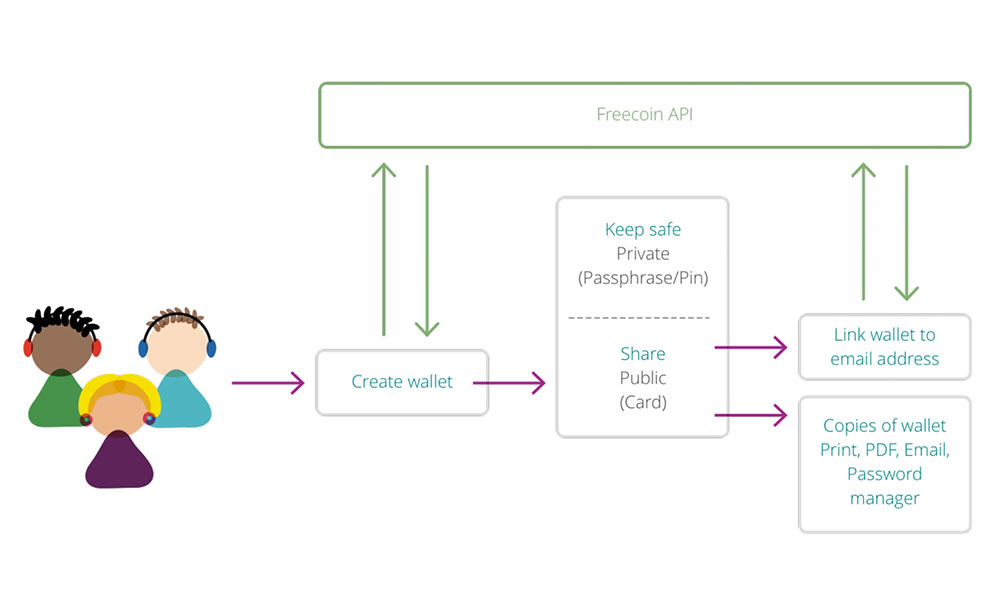Our friend Jaromil will come to London to present D-Cent @ the Nesta showcase conference.
D-CENT is a Europe-wide project bringing together citizen-led organisations that have transformed democracy in the past years, and helping them in developing the next generation of open source, distributed, and privacy-aware tools for direct democracy and economic empowerment.
There will be presentations from the D-CENT team demonstrating the technology and highlighting key insights learnt from direct democracy activity in Barcelona, Reykjavik, Helsinki and Madrid.
The Internet Society in Netherlands (isoc.nl) has nominated ten innovative and interesting initiatives to receive the Internet Innovation Award 2016. Were very happy to announce that D-CENT Freecoin is among the nominees. The winner will be selected and rewarded on the 14th of January at the Internet New Years event in Amsterdam.
The ISOC Internet Award is handed out to an important new internet initiative. It is a sign of high social recognition of achievements to improve the Internet and its use.
 All our team is honored by the nomination. We are happy that our work on digital social currencies is being recognised already in such an early stage of development,” smiles Denis Roio, better known as Jaromil of Dyne.org, the D-CENT partner who has been designing and developing Freecoin.
All our team is honored by the nomination. We are happy that our work on digital social currencies is being recognised already in such an early stage of development,” smiles Denis Roio, better known as Jaromil of Dyne.org, the D-CENT partner who has been designing and developing Freecoin.
D-CENT Freecoin is a set of tools to let people run reward schemes that are transparent and auditable to other organisations.
Freecoin is made for participatory and democratic organisations who want to incentivise participation, unlike centralised banking databases. It aims to leverage the use of social digital currencies in a reliable, simple and resilient way.

Read more about the Freecoin from D-CENT blog: http://dcentproject.eu/category/freecoin
The winner of the ISOC Internet Award 2016 will be selected and rewarded on the 14th of January at the Internet New Years event in Amsterdam.
The decision will be made by a professional jury consisting of Erik Huizer (SURF), Valerie Frissen (SIDN funds), Astrid Oosenburg (PvdA), Marjolijn Bonthuis (ECP) and Teun Gautier (Publeaks).










